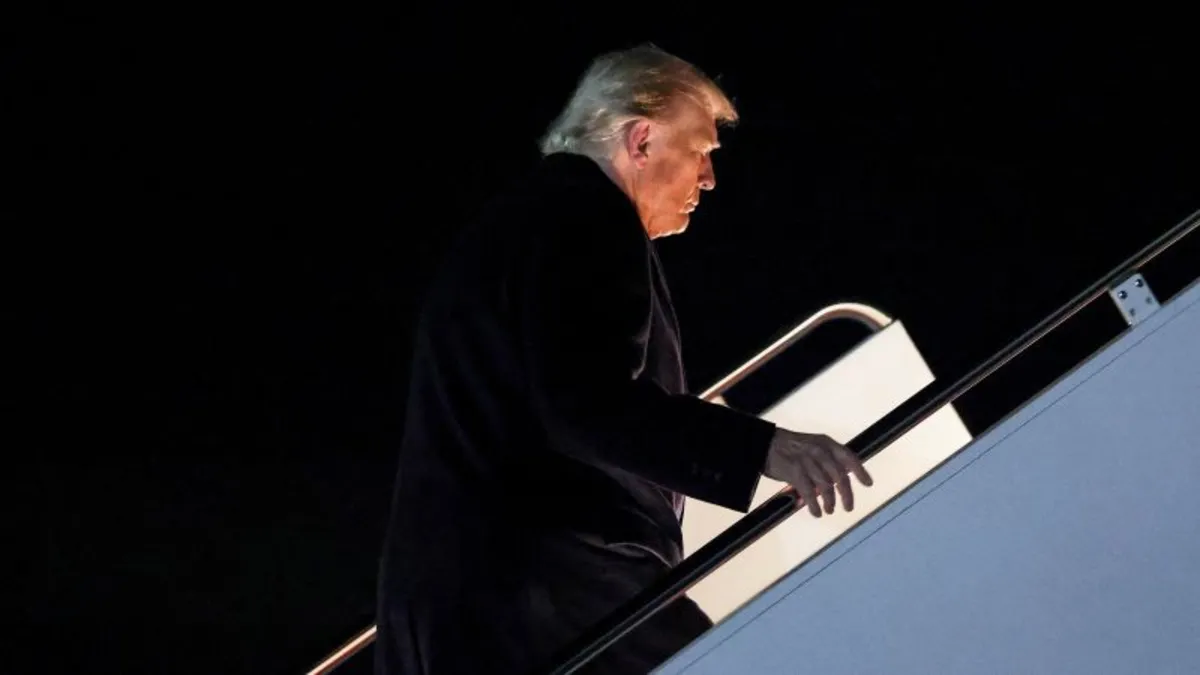
The recent joint declaration signed between Thailand and Cambodia marks a significant step towards diplomatic resolution and peace in the region. On Sunday, the two nations committed to a plan that includes the "prompt" release of prisoners of war currently held in Thailand. This development comes in the wake of a brief but deadly border conflict earlier this year, which resulted in the loss of dozens of lives and a humanitarian crisis that displaced approximately 200,000 people.
In July, tensions escalated into a five-day conflict between Thailand and Cambodia, leading to military engagements that involved airstrikes and heavy artillery. The ceasefire, which was brokered with the help of Malaysia and the United States, was a critical turning point, but the contentious issue of 18 Cambodian soldiers captured by Thailand has remained unresolved.
The joint declaration outlines that Thailand "undertakes to promptly release the prisoners of war," aiming to foster mutual trust between the two nations. However, the release is contingent upon the implementation of agreed-upon de-escalation measures. These measures include the removal of heavy weapons from the border and ongoing demining efforts along the contested areas. A Thai government source clarified that Thailand is seeking to see the initiation of these de-escalation measures before proceeding with the release of the Cambodian soldiers, which is expected to take 48-72 hours after the start of those measures.
During the same diplomatic stretch, President Donald Trump met with Brazilian President Luiz Inácio Lula da Silva, indicating a potential thaw in U.S.-Brazil relations following earlier tensions that resulted in significant tariffs. Trump expressed optimism about future trade agreements, emphasizing the importance of cooperation between the United States and Brazil. This sentiment resonates with the broader context of U.S. trade relations in Asia, particularly with countries like Cambodia and Malaysia, which have recently signed reciprocal trade agreements with the United States to enhance access to critical minerals.
The agreements with Cambodia and Malaysia are focused on opening markets for U.S. investments in critical minerals, which are essential for various industries, including technology and manufacturing. Cambodia's agreement includes commitments to fair treatment of U.S. investors and strong labor and environmental standards, while Malaysia's agreement focuses on addressing trade deficits and enhancing industry cooperation.
While the joint declaration has been lauded as a step towards peace, political analysts caution that it does not equate to a formal peace treaty. The document, titled "Joint Declaration by the Prime Minister of the Kingdom of Cambodia and the Prime Minister of the Kingdom of Thailand," lacks the binding obligations characteristic of treaties governed by international law. Political experts believe that achieving lasting peace will require more than just diplomatic gestures; it will necessitate addressing the underlying issues of justice and fairness that have fueled the conflict.
The recent developments in Thai-Cambodian relations, underscored by the joint declaration and the commitment to release prisoners of war, represent a cautious optimism for peace in Southeast Asia. However, the path forward remains fraught with challenges, as both nations must take concrete steps towards implementing the agreed-upon measures. As the situation evolves, the role of international actors like the United States will be pivotal in fostering stability and promoting economic cooperation in the region.